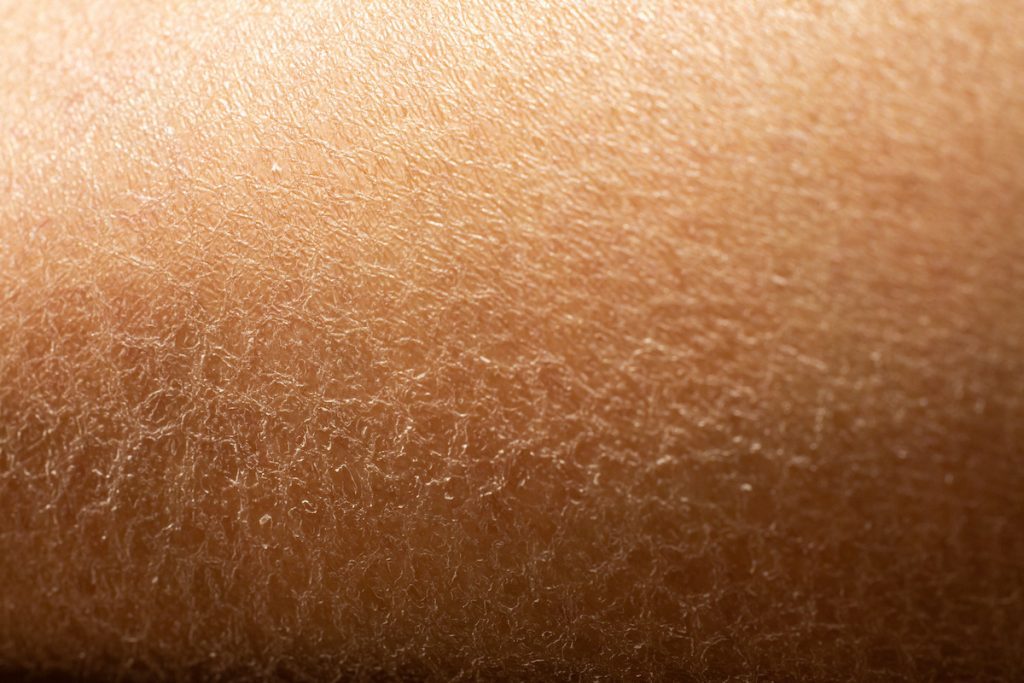Education Center

5 Makeup Ingredients to Avoid for Dry Skin
Understanding the skin care product’s ingredients is very important. It helps you to choose effective products for your client. Remember that every client has different types of skin. Some have dry, some have oily, and some have sensitive skin. This is because some ingredients present in skincare products worsen the situation. So before using the product, it should be the responsibility of the aesthetician to read ingredients before applying to a client’s skin.
In African American skin, severe conditions like eczema cause the skin to become extremely dry. In these conditions, the use of several ingredients and techniques may worsen the condition. There is a list of products and techniques that causes the skin to become dry.
Matte makeup: The right skincare routine for dry skin is key, obviously, but the makeup of your client can play a role in how your complexion looks as well. While matte makeup is super-trendy, this is one finish you may want to steer clear of if you have dry skin. That’s because the flat finish of matte makeup can make your skin look even drier and draw attention to dry patches. Thus, never use matte makeup if your client has drier skin.
Glycolic acid: Some foundations, primers, and moisturizers are formulated with glycolic acid, especially if they are geared for acne-prone, dull skin. The exfoliant can rev up skin cell production and regeneration, which can be helpful for those skin types. But if your client has dry skin, adding this ingredient into the makeup routine might be overkill, particularly if the skin is already dry and irritated.
Salicylic acid: Salicylic acid is typically used in makeup for oily or acne-prone skin types to help control the oil, reduce surface acne breakouts, and bacterial growth. Salicylic acid is commonly used in primers, foundations, toners, and makeup removal wipes and cleansers. But with dry skin, there is no oil to control, or debris within the pores. Thus, products having salicylic acid should be avoided if the client has dry skin.
Denatured alcohol: This product is a mattifying, quick-drying formula seen in foundations, primers, and lipsticks. Alcohol can be drying and dehydrating on the skin, pulling out the water from within, which affects the skin barrier function and makes the skin sensitive. This can create irritation, redness, sensitivity, and even eczema of the skin
Retinoids: While the ingredient has been championed across the board for its success in treating acne, wrinkles, and various skin conditions like psoriasis, retinoids can be too harsh on dry skin. Irritation is a side-effect of the ingredient, so adding it on top of already parched skin can be a recipe for disaster. Irritation can be the culprit for skin darkening.
Treatment: Dry skin is an indication that the skin’s barrier is compromised. This means the skin is not protected from the outside elements and the skin lacks the ability to maintain hydration. To retain hydration, it is important to administer products that are water-based (hydrating mask, serum, and oil-based (moisturizer). Our Acid Mantle Repair Treatment in a Box gives you all the PRO products needed to repair the skin’s barrier.
Home Care Management: Serums are the perfect power step to add to a home care routine. They saturate skin with condition-targeted actives. A serum that is a natural moisturizer is our 100% Pure Hyaluronic Acid Serum. It has water-absorption abilities achieving a great suppleness to the skin. Significantly improves the appearance of rough, dry skin. To create a flawless complexion, mix 1-2 drops of this hyaluronic serum to a foundation. Skin will look smooth and radiant.
If the client is new and does not have a home care routine, suggest the Skin Renewal Starter Kit. These products are formulated to enhance the barrier function’s amount of water and oil needed for healthy skin.

